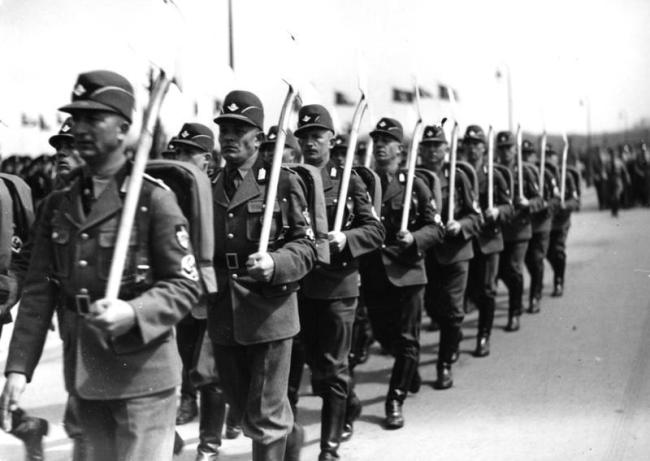Department IV’s researchers investigate concepts, instruments and practices of societal control and mobilisation, the interrelation between mobilisation and society’s self-interests as well as processes of ‘self-mobilisation’. Addressing questions of urban change (social stratification and mobility, integration, segregation, exclusion, networks of old and new elites), relations between towns and suburbia (demarcation and exchange, suburbanisation, migration) as well as the interrelations between central, regional and municipal in the field of social regulations and mobilisation across the national capital region of Berlin/Brandenburg. Department IV’s research projects do not focus exclusively on the Nazi dictatorship. Rather, they seek to understand the long-term trends that defined societal historical developments across German society, the strategies of social regulation, and the causes of uncontrolled societal mobilisation during the final phase of Communist dictatorships.
National Socialism and its Aftermath

Bildinfo
Members of the Reich Labor Service on the way to a rally of the NSDAP, 1933. Photo: Bundesarchiv, B 145 Bild-P021658 / Frankl, A. / CC-BY-SA 3.0, Bundesarchiv B 145 Bild-P021658, Reichsarbeitsdienst, Marsch zu einer Kundgebung, CC BY-SA 3.0 DE
